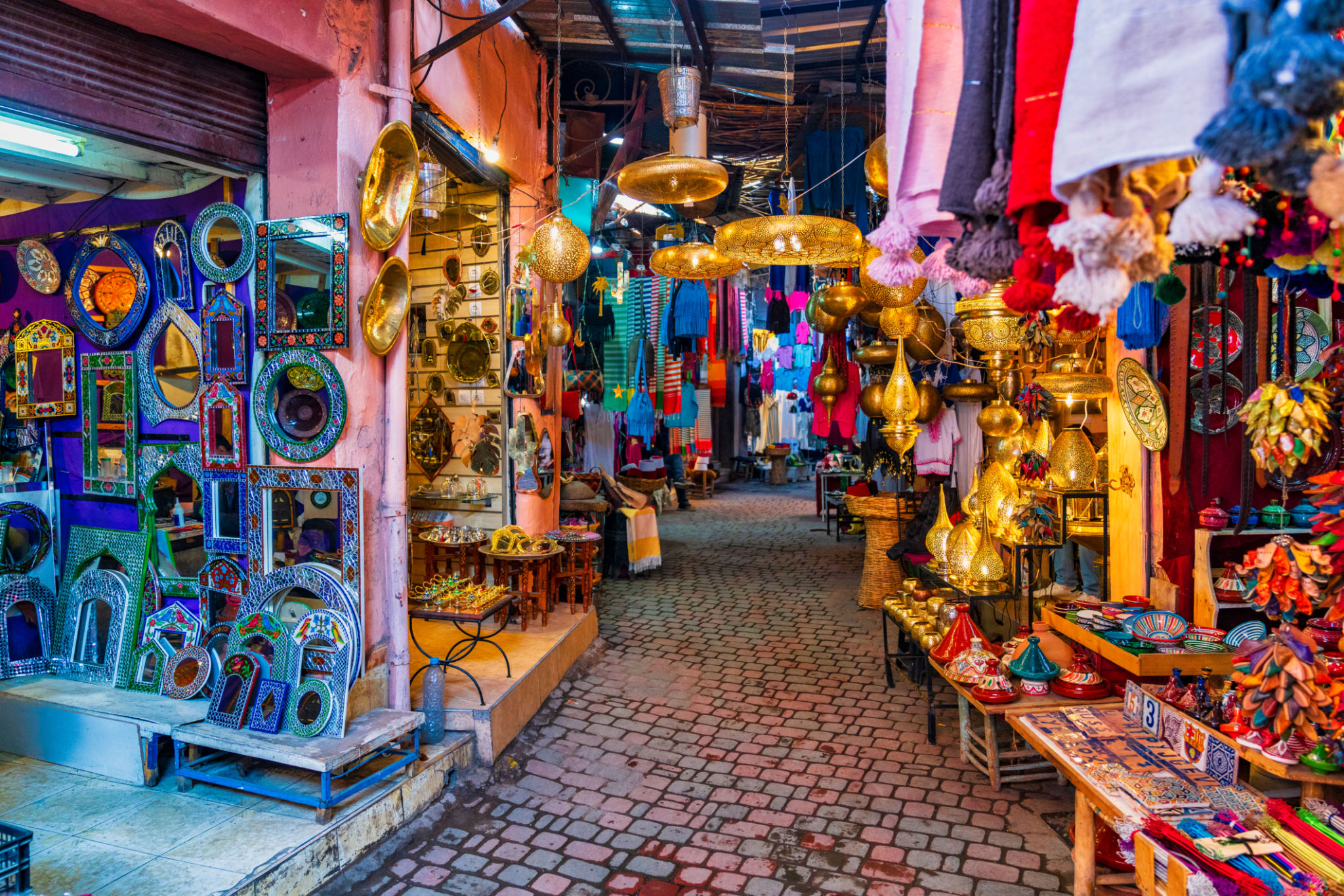A Cultural Journey: Understanding Moroccan Traditions and Customs
Discovering the Rich Tapestry of Moroccan Culture
Morocco, a country located in North Africa, is a land steeped in history and tradition. Known for its vibrant colors, intricate architecture, and aromatic cuisine, Morocco offers a unique blend of African, Arab, and Berber influences. Understanding Moroccan customs and traditions is key to appreciating the depth of this fascinating culture.

The Role of Family in Moroccan Society
Family is at the heart of Moroccan society and plays a significant role in daily life. Extended families often live together, and it is common for several generations to share a household. This close-knit family structure fosters strong bonds and provides a support network for its members. Respect for elders is deeply ingrained, with younger family members often seeking guidance from their elders.
Weddings are one of the most important family events in Morocco, celebrated with grandeur over several days. Traditional Moroccan weddings involve a series of ceremonies and feasts, with elaborate rituals highlighting the union of two families. It is not just a union between the couple but also between their families.

Hospitality: A Hallmark of Moroccan Culture
Hospitality is a cornerstone of Moroccan culture. Visitors to Moroccan homes are often treated as honored guests and offered traditional mint tea as a gesture of welcome. This tea, served with fresh mint leaves and sugar, symbolizes friendship and warmth. The preparation and serving of tea are considered an art form and are often accompanied by a variety of sweet treats.
When visiting Morocco, engaging with locals and accepting their hospitality is an enriching experience. Participating in communal meals or sharing stories over tea provides insight into the warmth and generosity that defines Moroccan hospitality.

Moroccan Cuisine: A Culinary Delight
Moroccan cuisine is a feast for the senses, characterized by its diverse flavors and use of aromatic spices. Influenced by Berber, Arab, and French culinary traditions, Moroccan dishes are rich in taste and variety. Common ingredients include saffron, cumin, cinnamon, and preserved lemons, creating complex layers of flavor.
Some staple dishes include couscous, often served with vegetables and meat, and tagine, a slow-cooked stew made with a mix of ingredients. Street food such as kebabs and pastries also offer a quick yet flavorful experience for those exploring the bustling markets or souks.
Traditional Attire and Art
The traditional attire in Morocco is not only practical but also reflects the country's rich heritage. The djellaba, a long robe with a hood, is commonly worn by both men and women, providing comfort against the varying climate. For special occasions or celebrations, women often wear a kaftan, an ornate garment adorned with intricate embroidery.

Moroccan art is equally diverse, with crafts such as pottery, carpet weaving, and metalwork showcasing the skills passed down through generations. The intricate designs found in Moroccan tiles and mosaics demonstrate the country's artistic prowess, adding beauty to both public spaces and private homes.
Festivals and Celebrations
Moroccan festivals are vibrant expressions of the country's cultural heritage. The Mawazine Festival, held annually in Rabat, is one of Africa's largest music festivals, featuring performances by international artists alongside local musicians. The Festival of World Sacred Music in Fez brings together artists from various cultures to celebrate spiritual music.
Religious celebrations such as Ramadan and Eid are also significant events in Morocco. During Ramadan, Muslims fast from dawn to dusk, breaking their fast with a communal meal called iftar. Eid al-Fitr marks the end of Ramadan with feasting and festivities shared among family and friends.

Understanding Moroccan traditions and customs provides a deeper appreciation for this captivating country. Whether it's savoring the flavors of its cuisine, experiencing its warm hospitality, or participating in its lively festivals, Morocco offers an unforgettable journey into its rich cultural tapestry.
